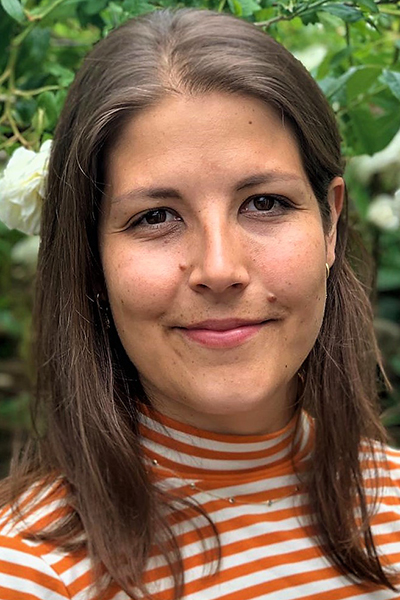
Poster presenter: Elise van Mulligen, MSc, PhD candidate, Department of Rheumatology, Erasmus MC
Poster title: Two-Year Cost-Effectiveness Between Two Gradual Tapering Strategies in Rheumatoid Arthritis: Cost-Utility Analysis of the TARA Trial
Scheduled poster session day and time: Saturday, Nov. 7, 9 – 11 a.m. EST
What is your poster about?
We performed a cost-utility analysis on the TARA trial, a tapering trial within an established RA population conducted in the Netherlands. This is the first randomized controlled trial which included a cost-utility analysis on two active, gradual tapering strategies. Our aim was to investigate which gradual tapering strategy has the best cost-utility ratio over a period of two years. Furthermore, we wanted to explore the effect of tapering on both medical and societal costs.
Why did you decide to investigate this topic?
RA treatment has greatly improved in the past decades, which has resulted in more patients reaching low disease activity, or even remission. This has raised the question whether we should continue treatment or that we can taper or stop. Current EULAR guidelines now recommend tapering medication when RA patients are in sustained remission; however, evidence for an optimal tapering approach is currently sparse. A major reason for tapering treatment is to save costs. Savings are significant when biologics, especially, are tapered. But tapering medication might lead to an increase in disease activity and disease flare. This could lead to more pain and disability, possibly resulting in more productivity loss and sick leave. Not much is known about aforementioned possible effects, so we decided to perform a cost-effectiveness analysis from the societal perspective to investigate possible cost savings due to tapering of medication, also taking into account costs due to productivity loss.
What excites you most about your work?
I especially like the translation of our research towards clinical practice. To be able to do this, it is important to investigate something from different viewpoints. Besides clinical outcomes, it is also important to investigate the patient perspective and the societal perspective.
What are you working on next related to this poster?
Within the TARA trial we investigated tapering treatment from different perspectives. We previously published the two-year clinical data in which we showed that the order of tapering is not relevant in terms of the amount of disease flares (both arms 61%). We also investigated the impact of a flare on patients’ lives, which appeared to be substantial.
